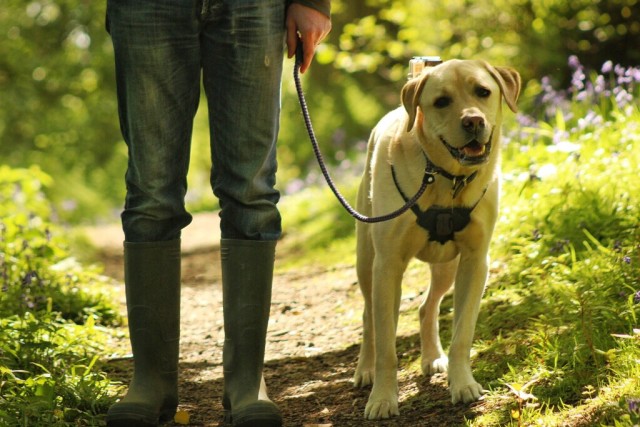Dogs & Hot Weather: Heat Advice for Dog Owners
Following the sudden rise in temperature over the last couple of days the RSPCA is urging owners not to leave pets in cars, conservatories or caravans whilst they are enjoying the sunshine.

In the three days since 21 May, the RSPCA has already received 195 reports of animals being left in hot places, 172 of which related to dogs. In the whole of May last year we received 448 reports of incidents involving hot animals, so in three days we have already taken almost half that total and the calls keep coming in.
As a result, the RSPCA is concerned that people are not taking on advice and are continuing to leave their animals in places that are far too hot. RSPCA Director of Communications, David Bowles, said: “Most people seem to know the ‘don’t leave dogs in hot cars’ message, but I think they just don’t think anything bad will happen to their pets, particularly if they’re just leaving them for a few minutes.
“What people need to realise is that the next animal to die in a hot car, conservatory or outbuilding could be their pet – that’s how serious this is.”
All too often, owners make the mistake of thinking that it is sufficient to leave a bowl of water or a window open for their pet but this is not enough to protect your pet from heatstroke, which can have fatal consequences. Even a hot garden without shade can be disastrous for an animal.
As an example, the temperature inside a vehicle can soar to 47 degrees within 60 minutes when the outside temperature is just 22 degrees.
Other key points:
— All dogs will suffer, but some dogs are more prone to heatstroke. For example, dogs that are old, young, short nosed, long-haired, overweight or heavily muscled are more at risk, as well as dogs with certain diseases.
— Cloud cover can disappear quickly.
— Temperatures in air conditioned cars can reach the same temperature as outside within just five minutes of the air conditioning being turned off.
The most obvious sign of heat stroke in dogs is excessive panting and profuse salivation. Other signs include:
— Overly red or purple gums
— A rapid pulse
— Lack of co-ordination, reluctance or inability to rise after collapsing, seizures, vomiting or diarrhoea
Heat stroke can result in coma or death in extreme instances.
Owners who fear their dog may be suffering from heatstroke should act quickly. Pets should be moved to a cooler spot straight away before ringing your vet for advice immediately.
— Douse your dog with cool (not cold) water. You could put your dog in a shower and run cool water over him/her, spray your dog with cool water and place him/her in the breeze of a fan. Never cool your dog so much that he/she begins to shiver
— Let your dog drink small amounts of cool water
— Continue to douse your dog with cool water until his/her breathing starts to settle and then take him/her straight to the veterinary surgery

